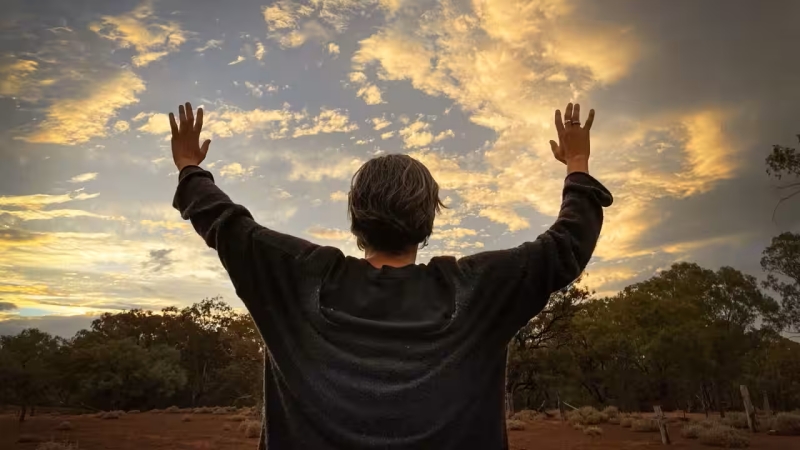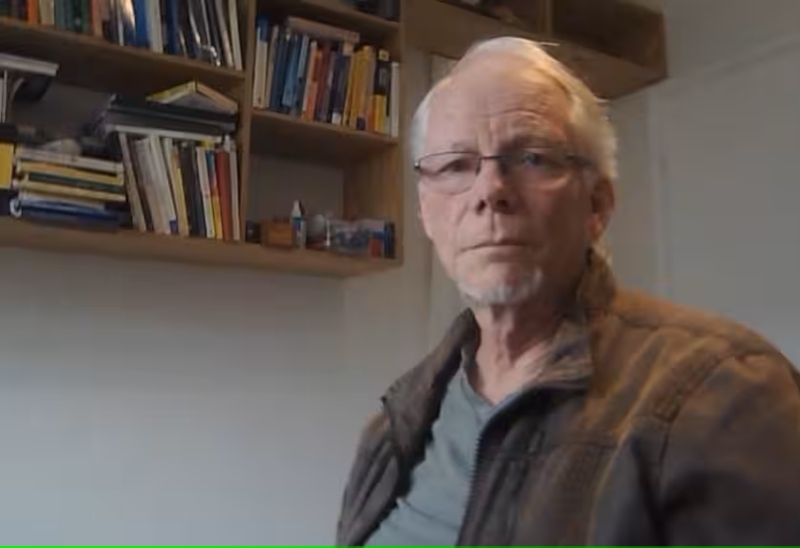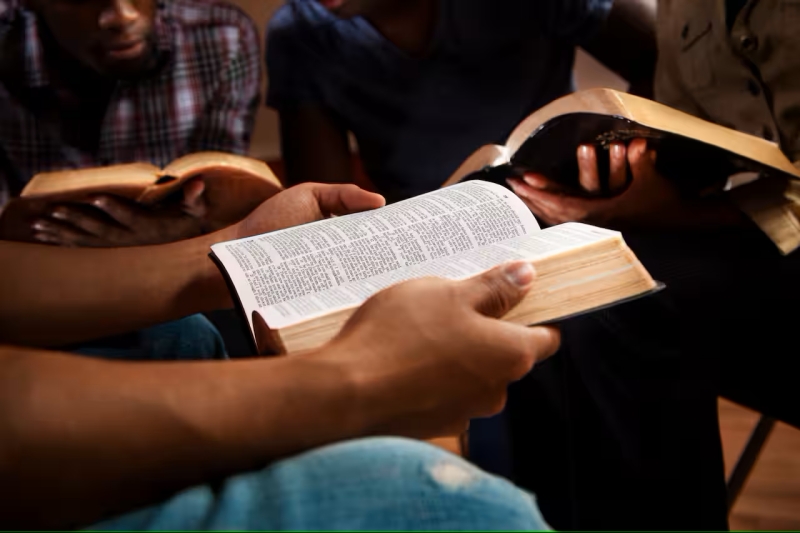
An inquiry will delve into the methods cults and fringe groups are using to recruit and control members. Source: Getty / Andrew Merry
Key Points
A committee will oversee an 'inquiry into the recruitment methods and impacts of cults and organised fringe groups'.
It will look at groups using techniques that harm people emotionally, psychologically, financially, or physically.
Some groups are using coercion techniques and the inquiry will consider whether this should be criminalised.
Tore Klevjer has seen the destruction done to the lives of many people who have become part of a cult in Australia.
The president of Cult Information and Family Support Australia is hoping an inquiry into the tactics of cults and fringe groups will bring awareness of the harm such groups are causing and drive change to hold the groups accountable.
A Victorian parliamentary committee will oversee the inquiry into the recruitment methods and impacts of cults and organised fringe groups.
The investigation, which is currently taking public submissions, may have a focus on activities in Victoria, but Klevjer said many of the groups that are likely to be analysed operate in much the same way across the country.
Ella George, the chair of the Legislative Assembly Legal and Social Issues Committee overseeing the inquiry, said it was "not about judging or questioning anyone’s beliefs, religious or otherwise".

Cult Information and Family Support Australia president Tore Klevjer wants those impacted by the practices of cults in Australia to have recourse for the treatment they are subjected to. Source: Supplied
The inquiry's guidance notes state its focus will be "those groups that use techniques that can harm individuals emotionally, psychologically, financially, or even physically".
It aims "to understand whether current laws are strong enough to deal with groups that use manipulation or control in ways that can seriously hurt people".
George said in her statement announcing the inquiry that "recent events in the state" had led to the probe, but did not detail which groups such events involved.
A number of Australian news outlets have reported accounts from former members of groups such as Shincheonji and Geelong Revival Centre, who have spoken about alleged coercion and the negative impacts their involvement with those groups had on their lives.
The harm caused by cults
While Australians have freedom of religion, the guidance notes for the inquiry state: "Religious freedom does not grant a licence to cause harm."
There is no legal definition of a cult in Australia, but for the purpose of the inquiry, the reference is to groups that use manipulative or controlling tactics to dominate members.
George said some groups use "practices that can cause significant emotional, psychological, financial, or even physical harm".
"There are legitimate concerns about the techniques being used by certain groups to attract and retain members, and whether they amount to coercion that should be criminalised," George said.
Klevjer said he saw some of the biggest impacts on young people, who some of these groups often tried to sign up.
"It pulls their families apart, a lot of times they quit their education, their uni degree, and when they finally leave, quite often, after three or four years, they've got to start again so they're left behind from their peers, their study and their opportunities," he said.
"It disrupts their families as well, because they're taught to lie to their parents and to their family. "It's very disruptive, and it breaks down a lot of trust."
Status of such groups
Klevjer said many of the groups that may be considered cults or fringe groups are registered charities in Australia.
Klevjer said he would like to see all tax-exempt charities be compelled to make their financial reports publicly available in order for them to demonstrate that funds were being used for "genuine" charitable purposes.
He said if the groups themselves were not registered charities: "A lot of cults will have a front organisation as charitable status, and that's where it gets a little bit tricky, too, because a lot of these groups do have different names in different front organisations."
Recruitment and control
The use of front groups to mask a group's true nature is listed in the inquiry's guidance notes as one of the tactics used by cults and front groups to recruit new members that may be looked at.
Other possible tactics that could be considered include 'love bombing', where new recruits are overwhelmed with affection, praise, and attention to create emotional bonds as well as isolating recruits from outside influences and overwhelming them with group activities or doctrine and framing dissenters as toxic or unenlightened.
Other possible methods used by cults to control members have also been outlined for those considering making a submission.
These include the use of controlling leadership that demands obedience, loss of personal autonomy as members are encouraged to focus fully on a group’s mission, secrecy, deception and emotional and psychological manipulation.
Addressing the issues around cults
Klevjer said people who feel they have been poorly treated by such groups usually have little recourse and he wanted to see this changed.
He proposes that religious or ideological organisations should have to publish a statement of faith or belief practices to clearly outline their core doctrines, expectations of members, and any practices that may significantly impact individual autonomy or well-being.
"If an organisation is found to have withheld or misrepresented its beliefs in a way that leads to harm, individuals should have legal recourse, similar to protections against deceptive conduct under consumer protection laws," Klevjer said.

It's understood some groups that are considered cults use the pretext of bible study as a way to bring in new members but fail to fully explain who the group is and what being part of the group will involve. Source: Getty / fstop123
He said often when cults were accused of certain behaviour such as coercion, misrepresentation, or what he referred to as "personal abuses" the "the cult can just turn around, as they often do, and Just say, well, it wasn't our teaching, that was just the leadership you were under at the time, and then just hang someone else out to dry".
He also wants to see coercive control laws extended beyond domestic relationships to include cases involving such groups.
The Rationalist Society of Australia (RSA) wrote to all states and territories in December, urging them to address coercive control in cults.
RSA executive director Si Gladman sent a letter to attorneys-general that said religious cults posed a great danger to the fundamental rights and freedoms of many Australians.
Gladman wrote that "numerous survivors of cult groups", including the Geelong Revival Centre and Shincheonji Church, were "bravely speaking out about the coercive practices and harm they have been subjected to".
"These practices are at odds with fundamental human rights norms. Yet, they are all commonplace in certain sections of Australian society.
"Clearly, religious cults pose a great danger to the fundamental rights and freedoms of many Australians."
George acknowledged upon the announcement of the inquiry that coercive control laws were to be considered as part of the investigation.
"There are legitimate concerns about the techniques being used by certain groups to attract and retain members, and whether they amount to coercion that should be criminalised."
Public submissions will be taken until the end of July, and members of the public can also provide input through an online, anonymous questionnaire, with public hearings expected to follow.
The committee is expected to provide its report by the end of September 2026.
Shincheonji's Melbourne chapter and the Geelong Revival Church have been contacted for comment.





